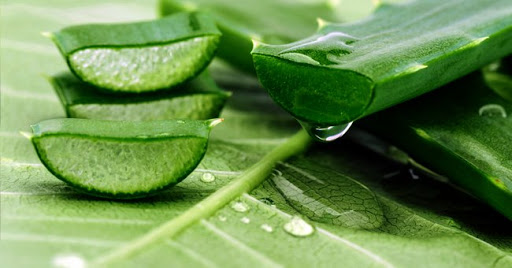It is a philosophy associated with Japanese longevity. The idea is to seek a purpose in being.
If the Danish 'hygge' has already raged (not punish yourself, deny yourself nothing, relax and feel at home as much as possible); the Swedish 'lagom' (an ode to moderation and frugality) and the Scottish 'cosagach' (feeling comfortable, protected and in a cozy space) the turn in recent years has been for 'ikigai', a Japanese concept that more or less is the reason why we get up every day.
A kind of compass that gives meaning to existence and that allows you to experience the joy of everyday life.
It is not something new. In fact, the first book to deal with the subject was published in 1966 by the psychiatrist Mieko Kamiya. Later, a clinical psychologist and professor at Toyo Eiwa University, Akihiro Hasegawa, coined the term in the colloquial Japanese language.
Since then, publications addressing the issue have been happening until it became a trend in 2017 and 2018. The last to join that list has been the writer Caroline de Surany with 'ikigai: Your 12-week program to find the secret of the happiness' (Editorial Edaf), which is already available in the country's bookstores.
There is no direct translation of the word 'ikigai', but experts suggest that it involves two terms. 'Iki', which means life and 'gai', value or merit.Dan Buettner, author of 'The secret of the blue zones: eat and live like the healthiest people on the planet' argues that the 'ikigai' is directly related to longevity in Japan, the country in the world where more centenarians live.
In fact, a WHO study published in 'The Lancet' suggests that in 2030 the average life span of the Japanese will be 88.4 years for them and 88 for them. It is now at 87 and 81, respectively.
Héctor García and Francesc Miralles, authors of 'Ikigai: Japan's secrets to a long and happy life' (2016) set out to find the link between Japanese longevity and the 'ikigai'.
The two authors traveled to Ogimi, in Okinawa, the area of Japan where the largest number of centenarians in the country live, to find out what gives meaning to the existence of their elders. How they feed, how they live, how they dream… Their conclusion was that “having a clear and defined 'ikigai', a great passion, is something that gives life satisfaction, happiness and meaning”.
In her book, Caroline de Surany, for her part, says that in Okinawa all its residents are encouraged to find their 'ikigai' in order to perform. And it's not about social success.Retirees, for example, continue to work on rice crops, but to enjoy the outdoors and promote respect for nature. They just feel alive and useful. Something that contrasts with another phenomenon that is frequently studied in Japan, 'karoshi', which is defined as death from overwork.
If in Okinawa people live relaxed and happy, in other parts of the country workers end up dead from diseases caused by excessive overtime (a working day in Japan can be about 15 hours a day).
Since 1987, according to 'BBC Mundo', institutions have been paying attention to this issue, which is quite a social scourge. In 2015, more than 2,000 victims were registered, although it is believed that the unofficial registration can reach 10,000.
Finding the reason for being
In the 'ikigai' several concepts come together. The idea is to answer these questions: what you love, what you are good for, what you need, and what you can be paid for. In the center of everything the 'ikigai' arises.
To tackle that path, says De Surany, a deep investigation is needed on oneself. But it is more intuitive than intellectual. You have to take the necessary time and learn to see the world with different eyes. You have to learn to get bored, to stop being afraid of wasting time, to accept the slowness and calm of existence.
In her book, the Frenchwoman presents a 12-week program that aims to help readers find a "light, joyous and rewarding" life. When was the last time you did something unproductive? Totally useless? When did you allow yourself to be empty? She asks the readers. And it gives a long list of exercises and tips.
The first and fundamental thing is the reconnection with oneself, which generates an internal dialogue and is the starting point.From there, a shower of suggestions: return to nature, walk with pleasure and curiosity, lie down, from time to time, on the grass and spend time observing the clouds, singing, etc.
Each chapter is loaded with intentions: 'I am not what I buy' (a method of living with few clothes), 'I put aside my ideas', 'I adopt self-pity', 'I find my mission' and 'I radiate', among others. The book is also loaded with visualization exercises and role-playing games.
There are two festivals in Japan that well summarize the essence of 'ikigai'. One is the 'hanami', which celebrates cherry blossoms in spring. The other is the 'momijigari', which is about 'hunting', with delight, red leaves in autumn. That's what this is about: having a 'hanami' and a metaphorical and individual 'momijigari'. At any time of year. What nobody assures you is that you find happiness.







0 Comments